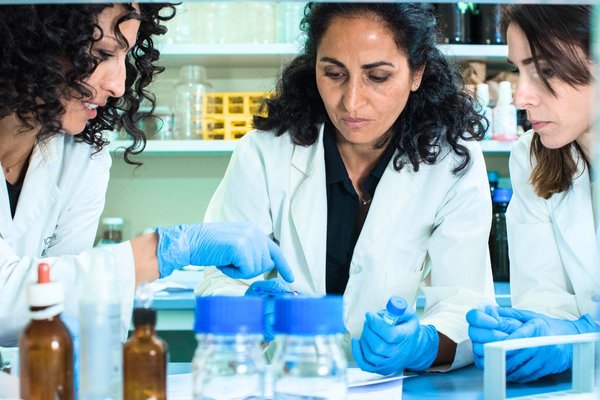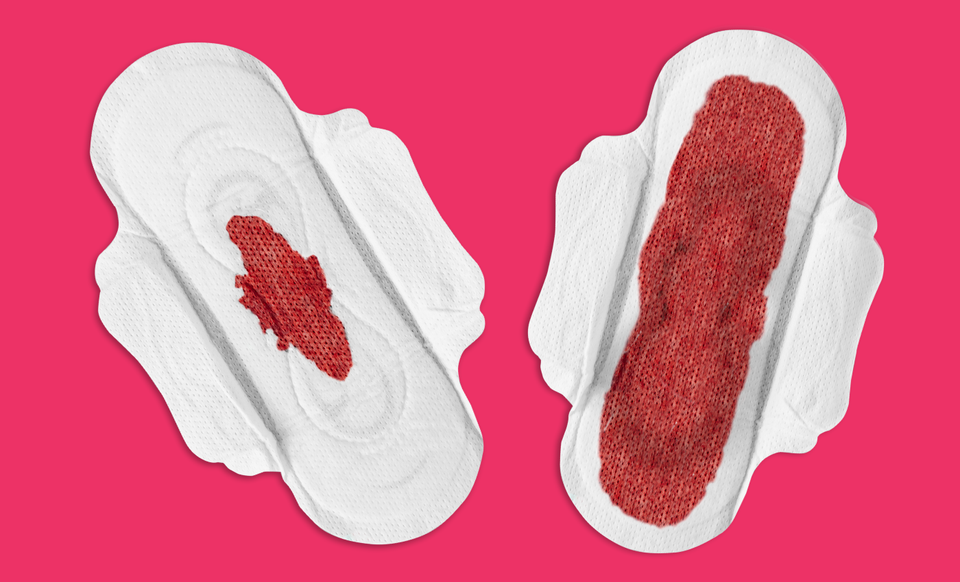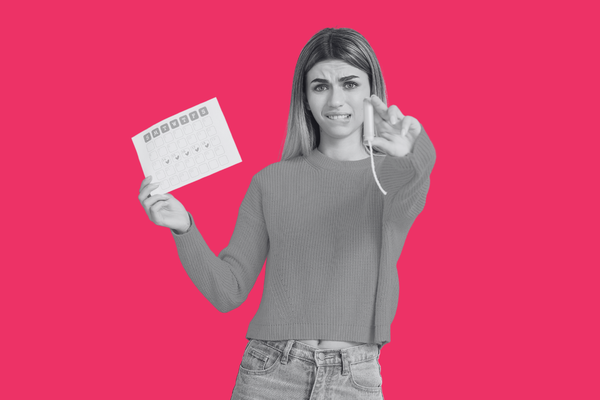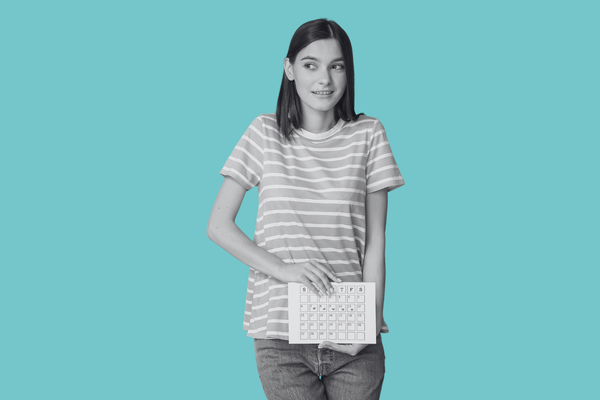
Can menstrual fluid identify causes of heavy periods?
Heavy bleeding during your period can feel scary, upsetting and embarrassing. Although it’s common, it’s not something you have to accept as “just a period” - there are treatments that can help.

Heavy periods, called menorrhagia in medical terms, affects one in two women. It could be a sign of an underlying gynaecological condition, so it’s important not to dismiss this as “normal”. So, what should you be looking for?
Heavy periods are when you experience blood loss which affects your physical, social or emotional quality of life.
In general, your periods are considered heavy if:
If heavy periods are disrupting your quality of life, make an appointment to see your doctor or GP. If you notice you are bleeding for longer, or your periods are much heavier than usual, this also needs investigating.
For around 50% of women with heavy periods, no underlying medical cause is found. You might experience heavy bleeding if:
Some gynaecological conditions can also cause heavy menstrual bleeding, including:
Very rarely, heavy periods could be a sign of womb or cervical cancer, so it is important to speak to your doctor.
Even if there’s no specific medical cause, you don’t have to put up with heavy periods. There are treatment options available to stop them affecting your life.
It’s possible to stop heavy periods. Your first step is to see your GP – find out how to prepare for your appointment here.
Your doctor may want to carry out a vaginal exam, especially if you have other symptoms such as severe period pain, bleeding or pain during or after sex, bloating, and light or heavy bleeding between periods. Your GP may also do a blood test to check if you’re anaemic; losing a lot of blood every month can lead to anaemia.
They will then work with you to find the best treatment for your heavy periods. For example:
Finding the answers to these questions can help you make the right decision for you.
If you don’t want to be pregnant soon and are able to take hormones, then hormonal based treatments/contraceptives are the most effective option.
Your GP can recommend treatments like the combined contraceptive pill, progesterone-only pill or intrauterine system (IUS) - commonly known as the hormonal coil. These can reduce heavy bleeding by up to 95% or even stop your periods completely.
Some GPs and nurses can fit coils for period pains or heavy bleeding but others can only fit coils for contraception. Make sure you say if you’d also benefit from the contraceptive effects. You may have to wait for an appointment at a local service or be referred to the hospital gynaecology clinic.
You don’t need to have periods at all, unless you are currently trying to get pregnant or hormonal treatments aren’t suitable for you. When you’re on the combined contraceptive pill, you don’t need “take a break” to have a period (which isn’t actually a period at all – it's called ‘breakthrough bleeding’) – you can continue taking it to avoid a bleed.
Watch our ambassador Dr Nighat Arif talk about this period tip and more.
If you want to get pregnant soon or don’t want to take hormones, your doctor may recommend tranexamic acid, which can reduce menstrual bleeding by around 50%.
You may also be advised to take non-steroidal anti-inflammatory drugs (NSAIDs) <link to: such as ibuprofen. These have been found to reduce heavy bleeding by about 25%. If they don’t work, your doctor may prescribe other NSAIDs such as naproxen or mefenamic acid.
If your doctor suspects an underlying gynaecological condition that needs further investigation or specialist treatment, they will refer you to a gynaecologist for tests. These could be:
Any treatment you have will depend on what’s causing your heavy periods. See our separate articles on menstrual health for more information.
If a gynaecological condition isn’t the cause, and none of the treatments described above have helped, you may be offered endometrial ablation. This is when the inner lining of your womb is removed by heat, laser or microwaves. After the operation, your periods should be lighter, but your chances of getting pregnant are significantly reduced.
In some cases, the womb lining grows back so you may need another endometrial ablation. The only way to permanently stop period pain and heavy bleeding is a hysterectomy. But this is major surgery and should only be considered when nothing else has stopped your heavy periods.
There are effective treatments available for heavy bleeding, so do speak to your GP or doctor if it’s affecting your life. If you don’t feel like you’re getting the help you need, read this article about what to do if you are feeling dismissed.
Resources
Our “Just a Period” information hub is here to help educate and empower. Get more information and support here.
If you have any symptoms or concerns, always speak to your doctor.
As a women’s health charity, part of what we do is fund research to save and change the lives of women, girls and babies.

Do you know fact from fiction when it comes to premenstrual dysphoric disorder (PMDD)?

You might be nervous about getting your first period, or you might have had periods for a while but are finding them difficult. You’re not alone.

Don’t worry, we’ve got the lowdown on how to feel supported while sorting fact from fiction.